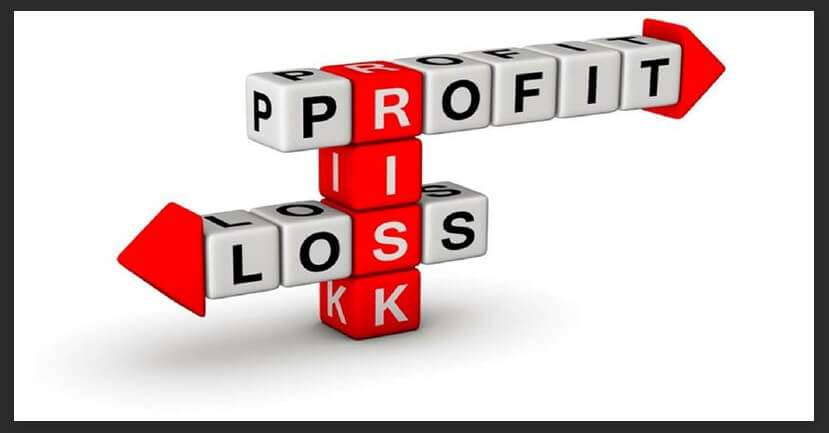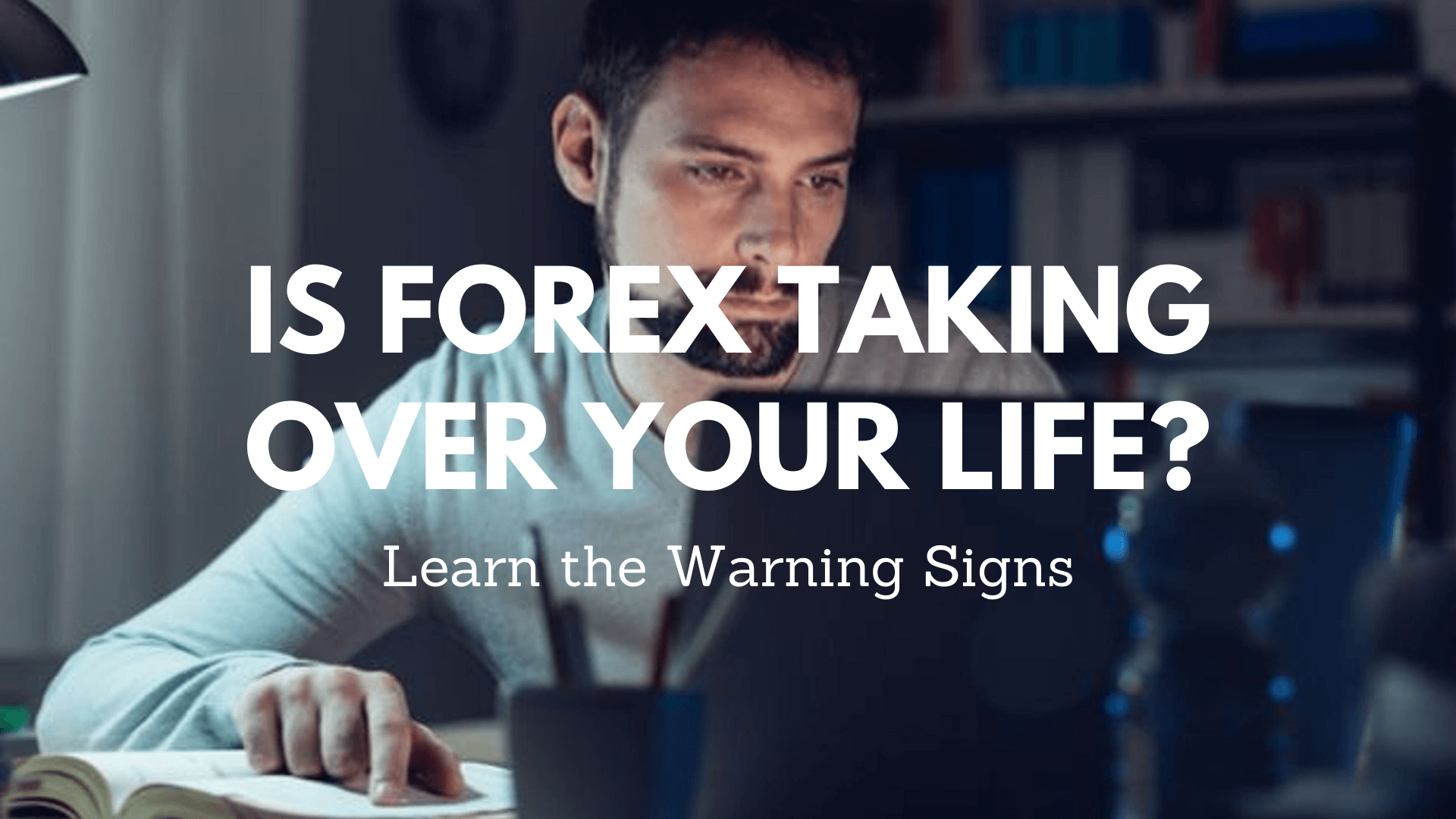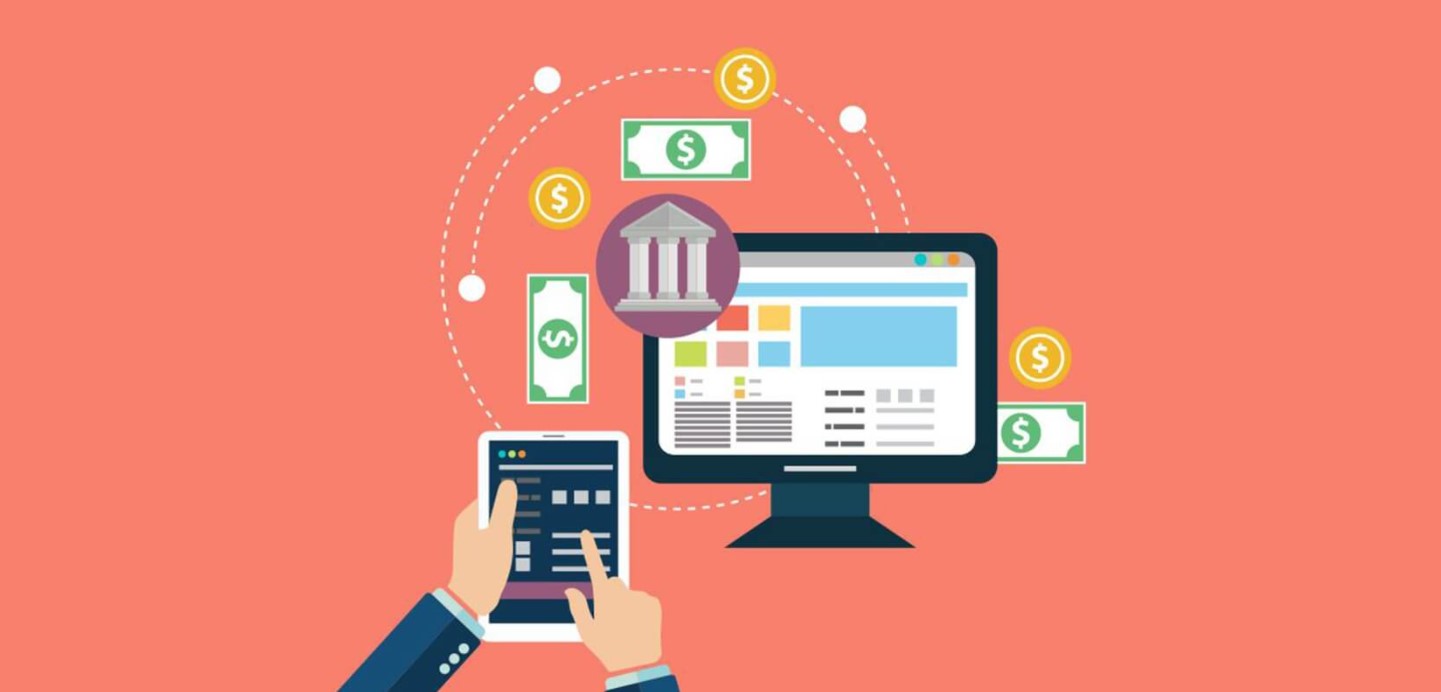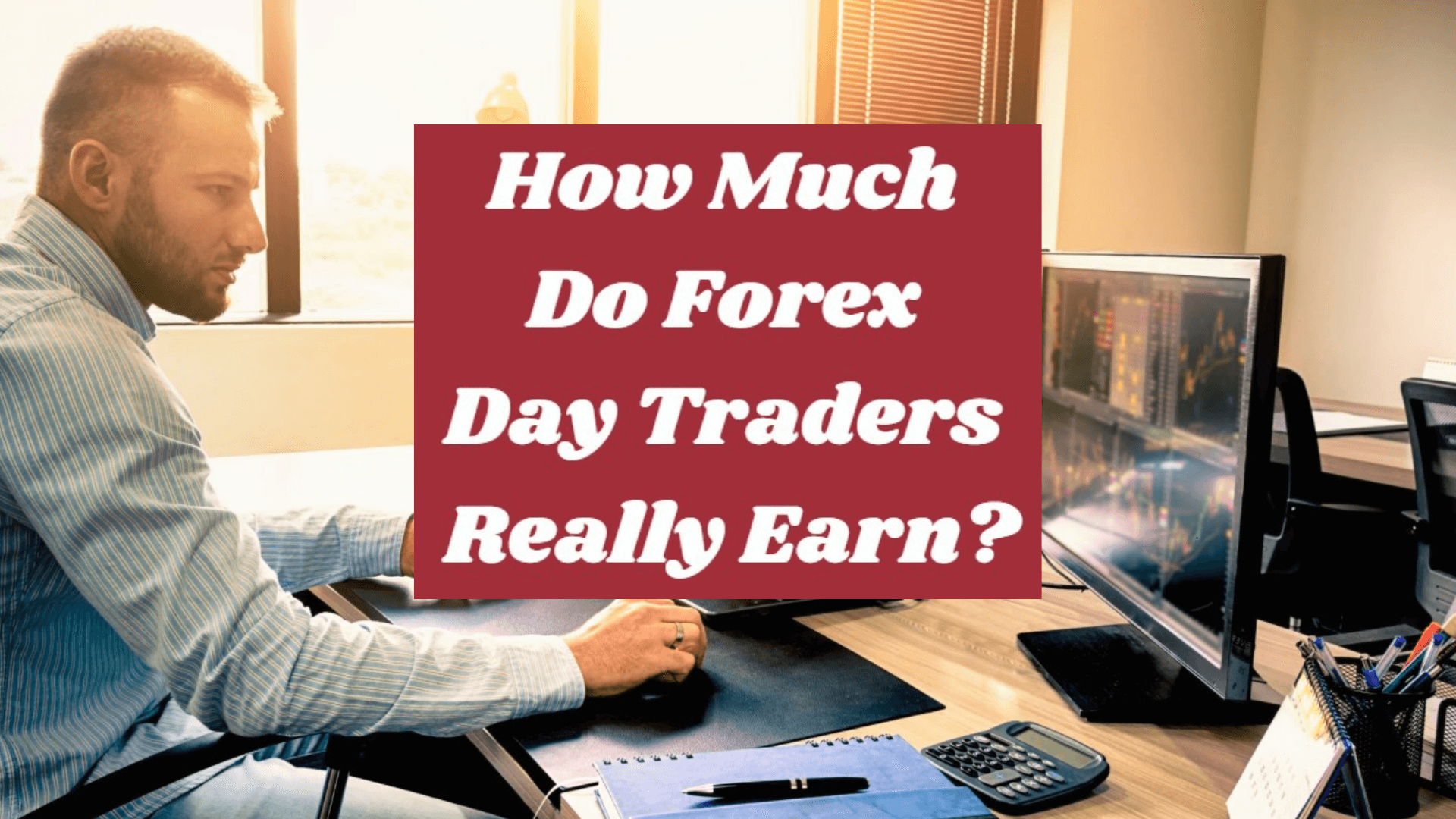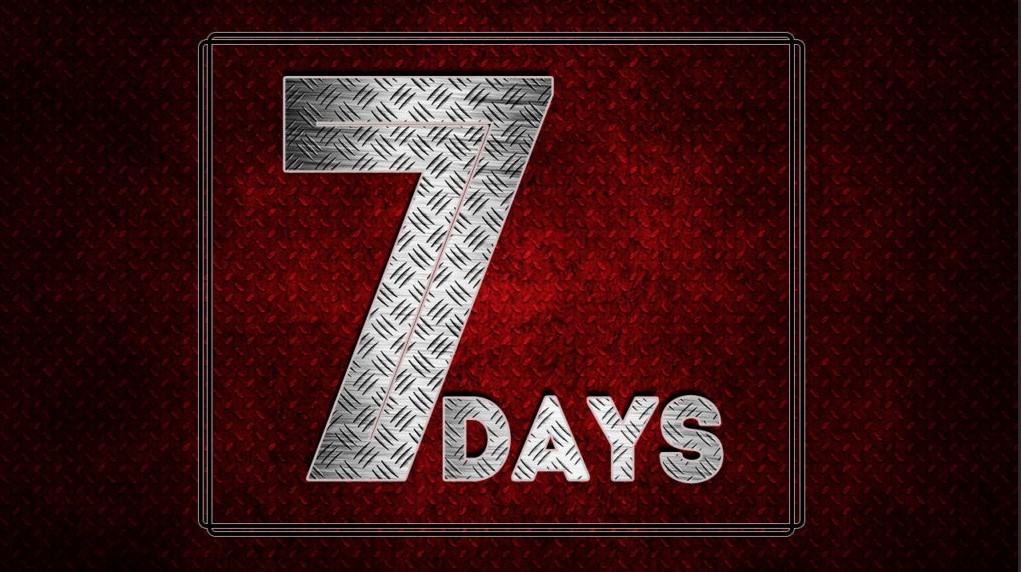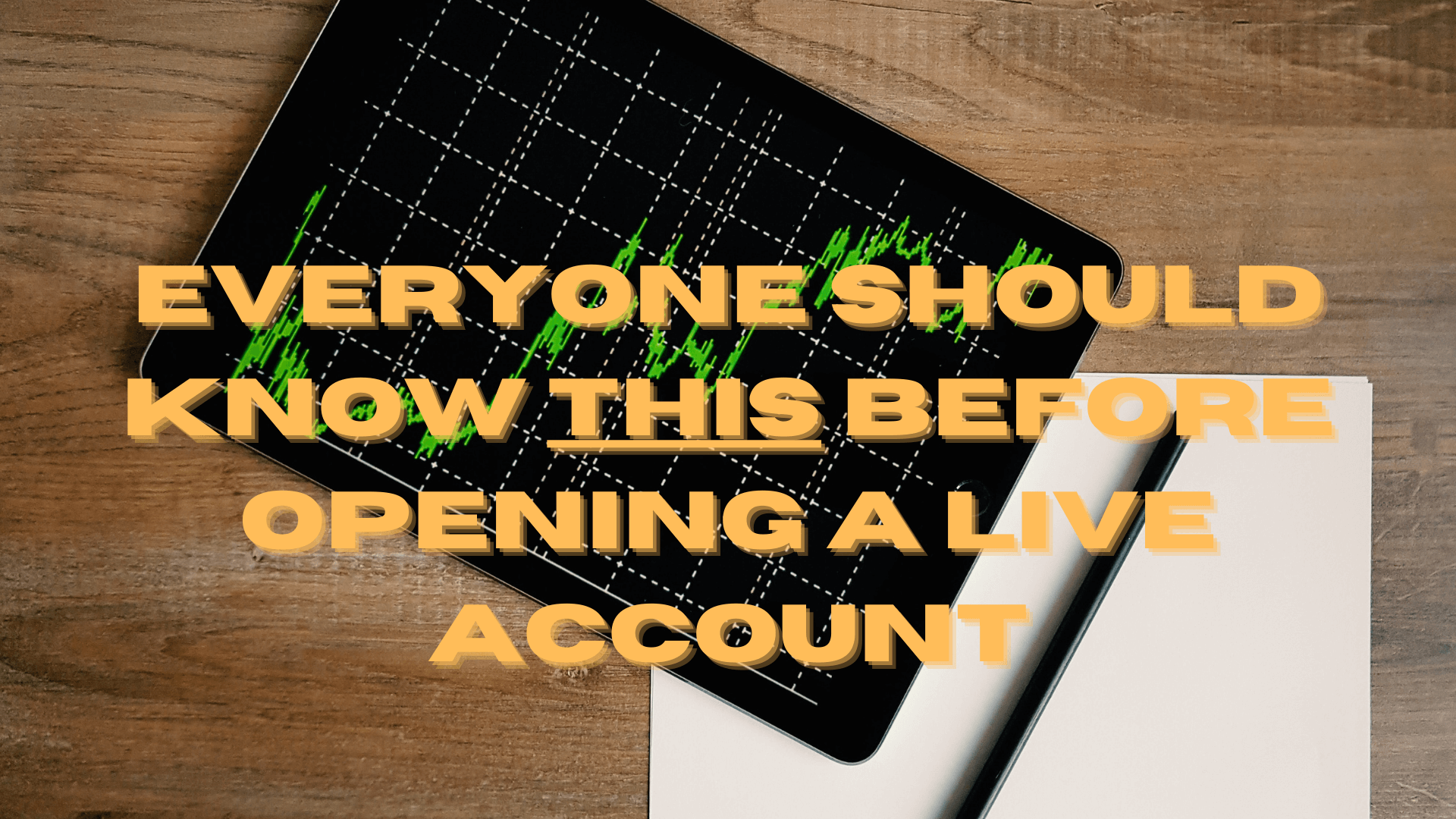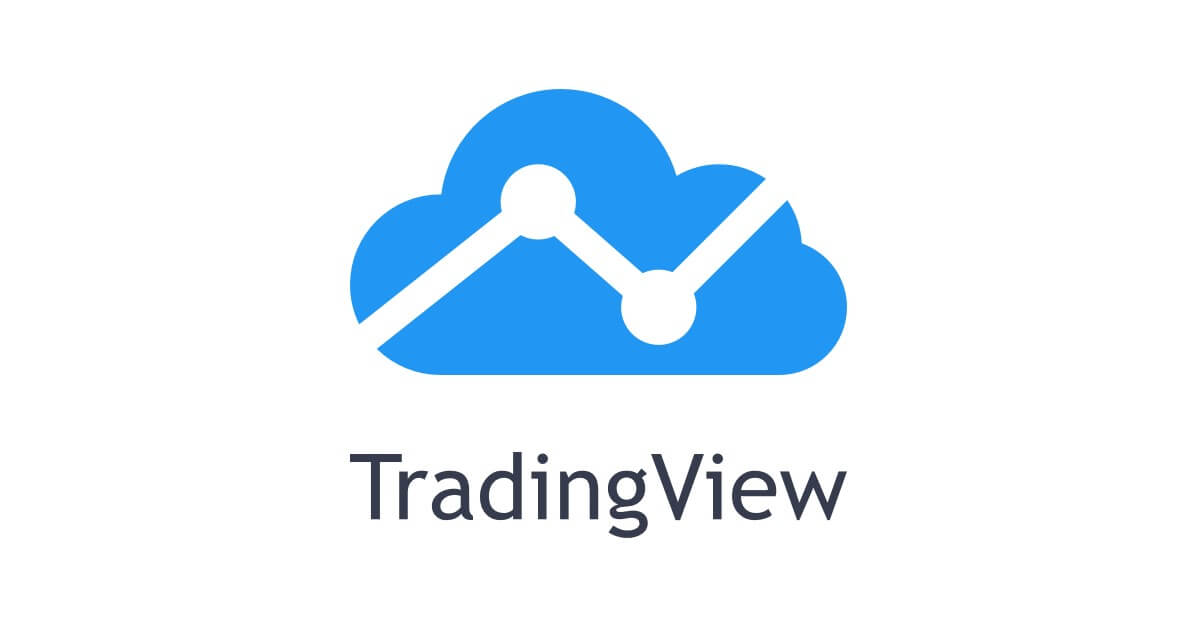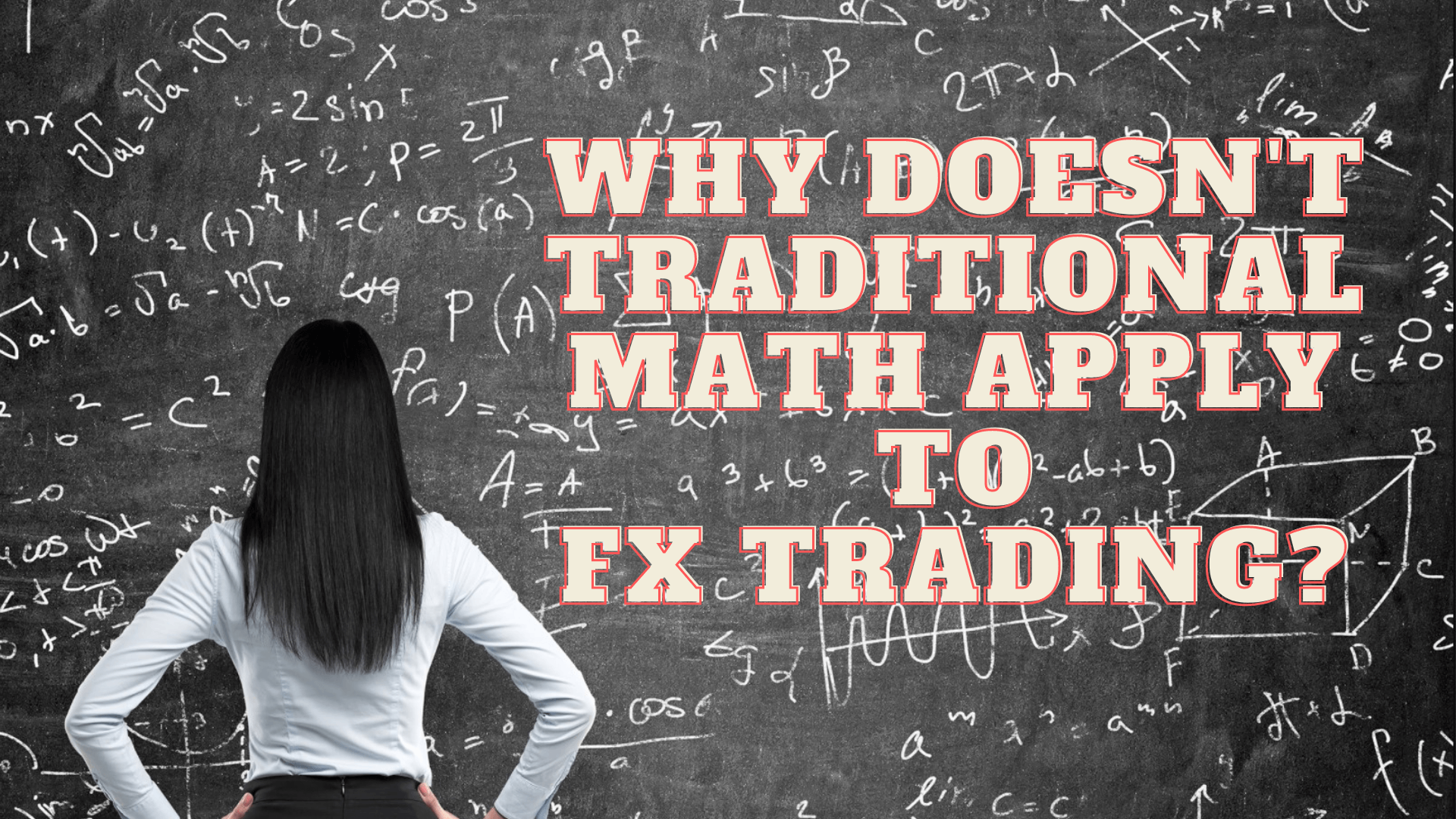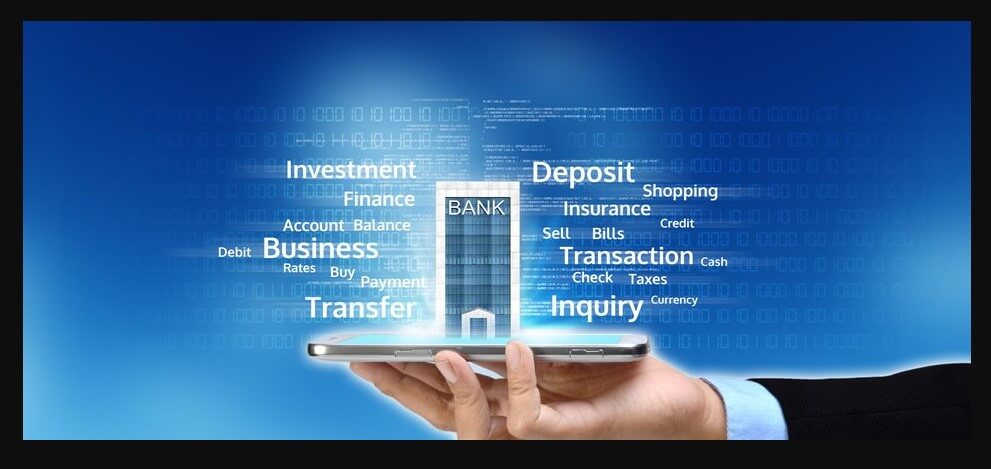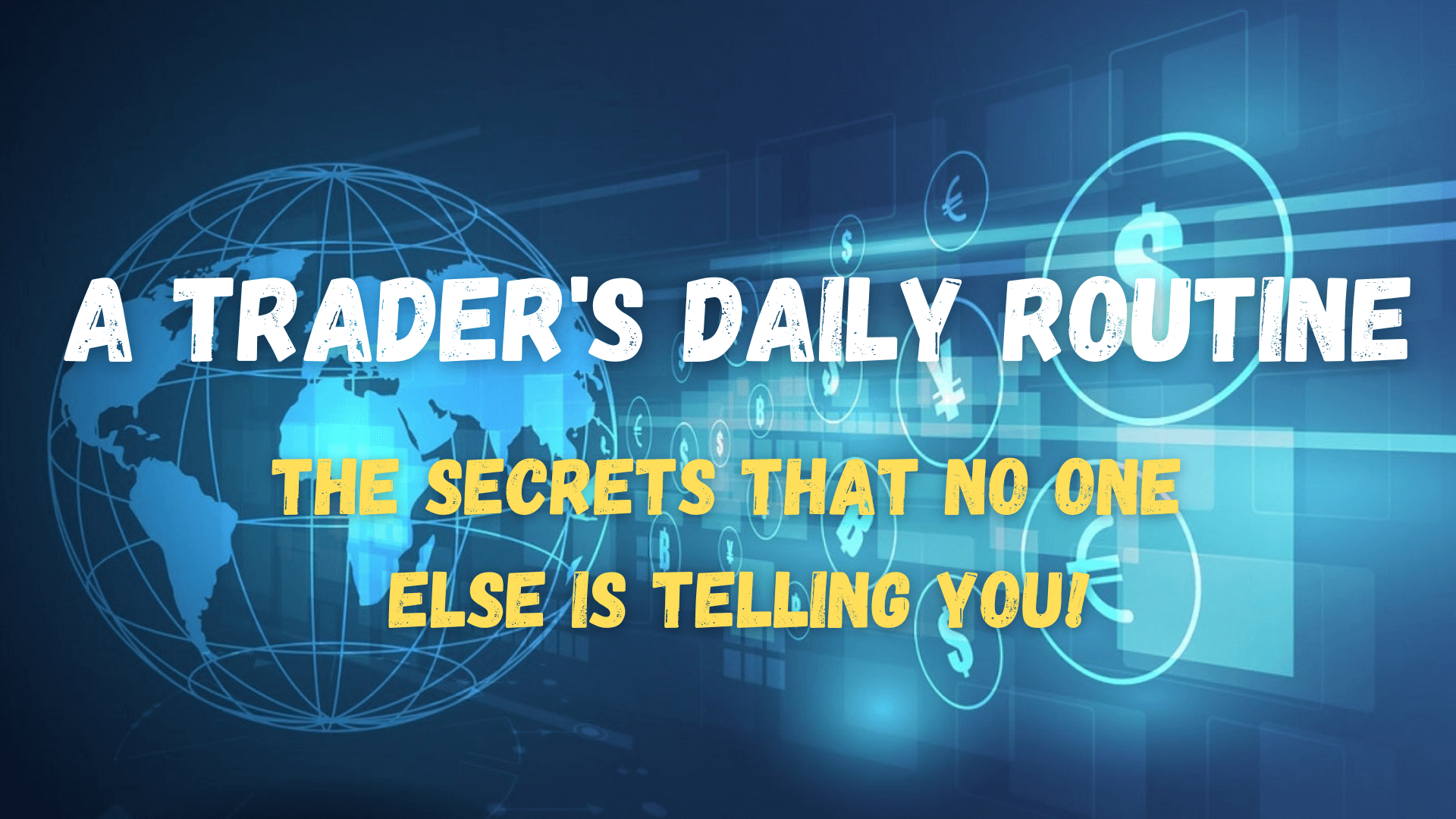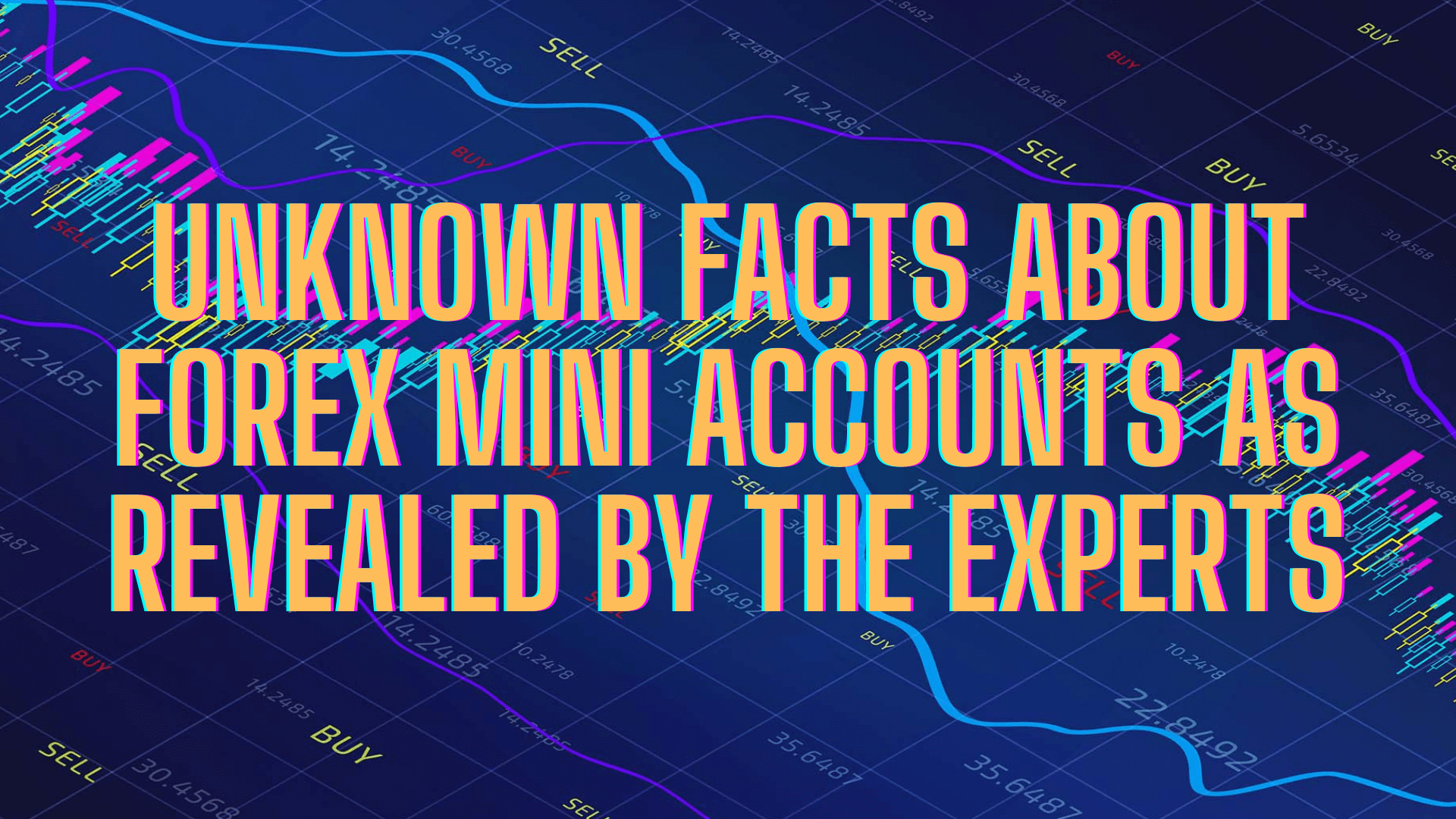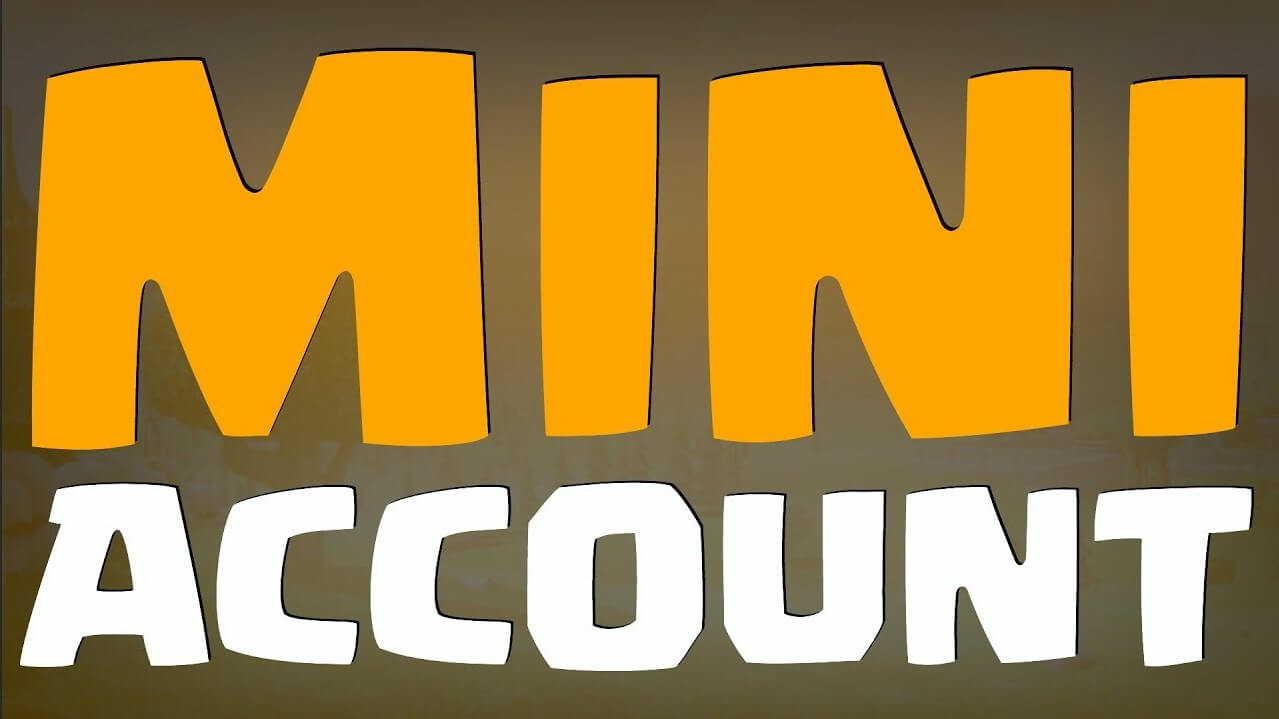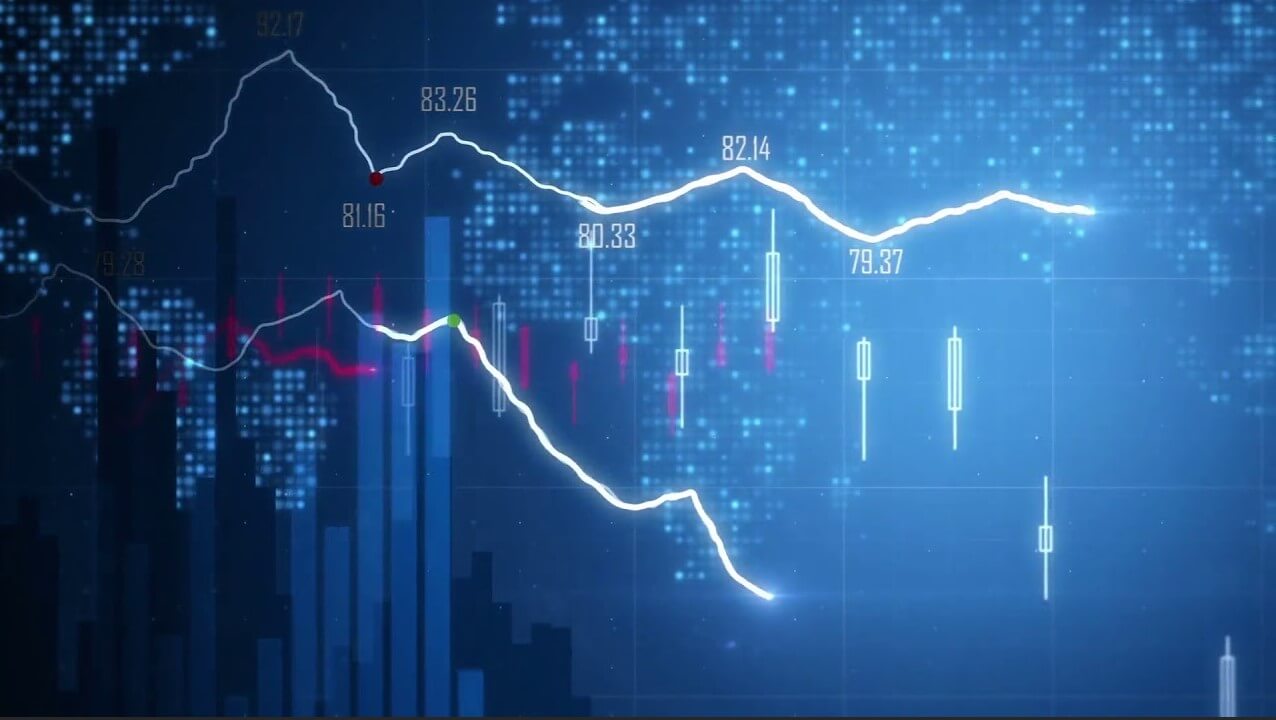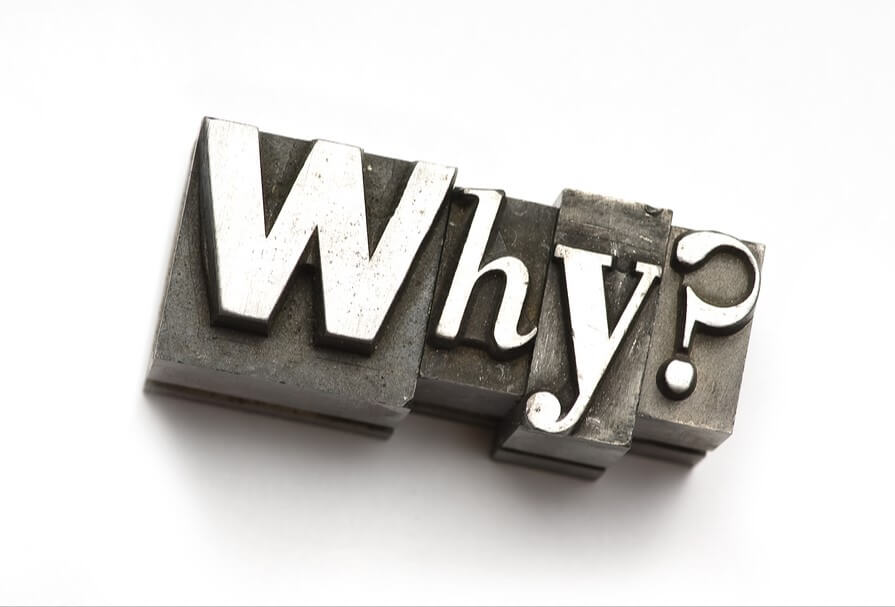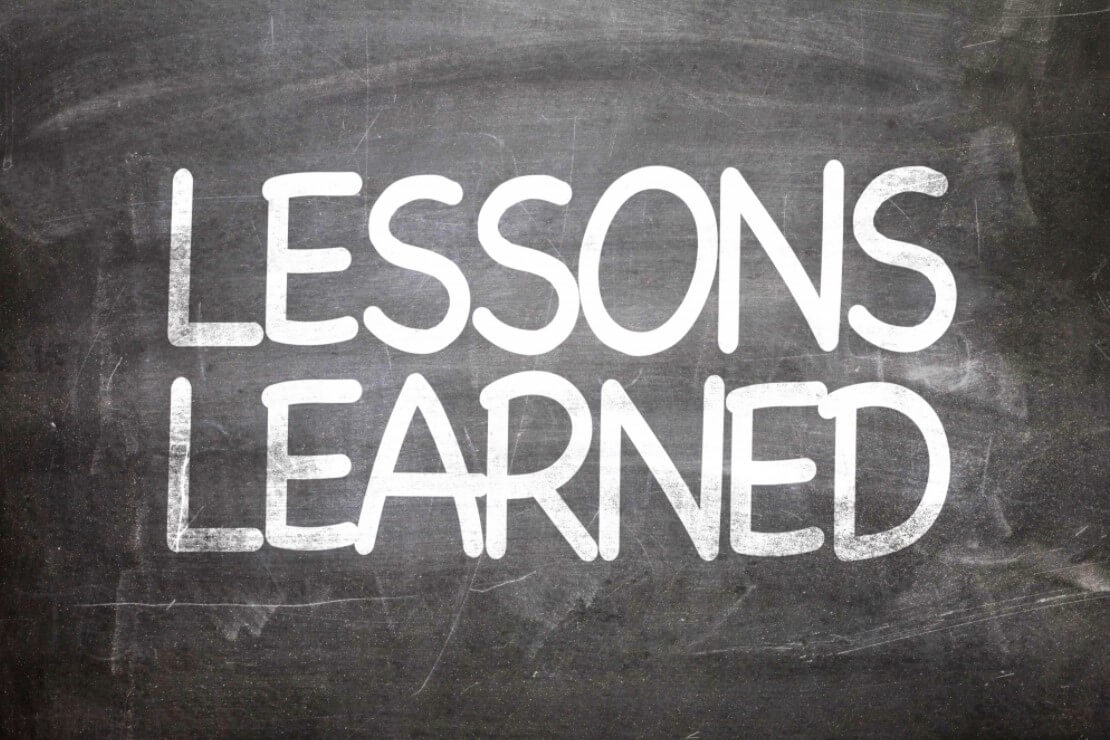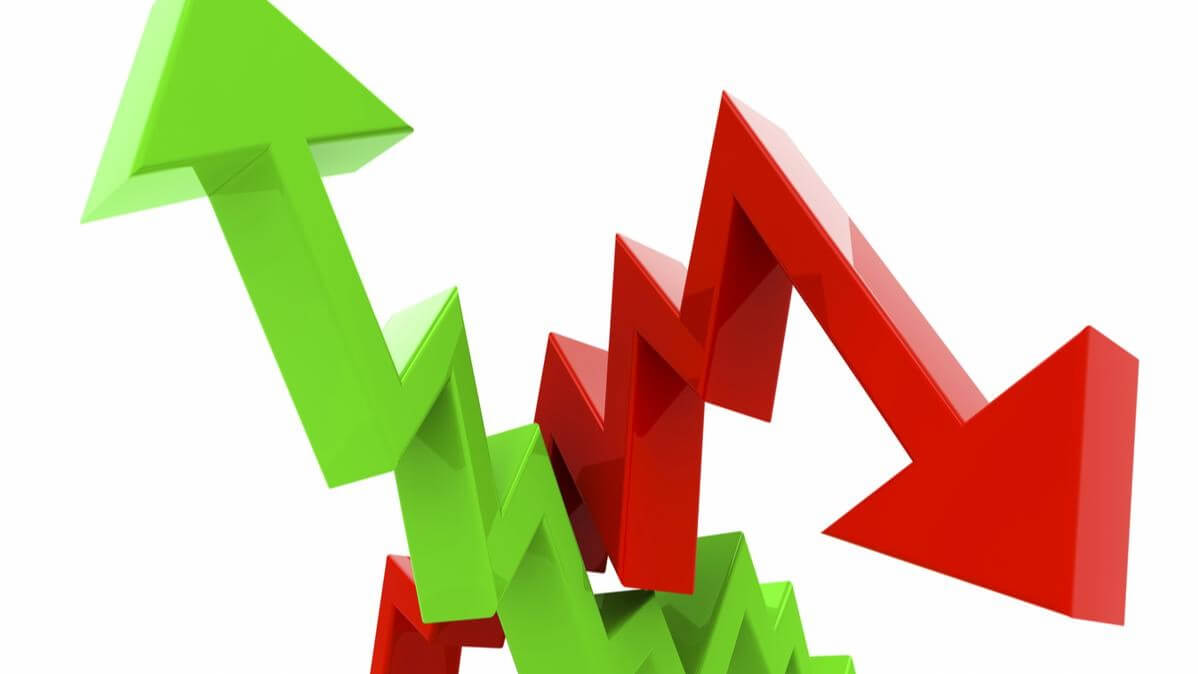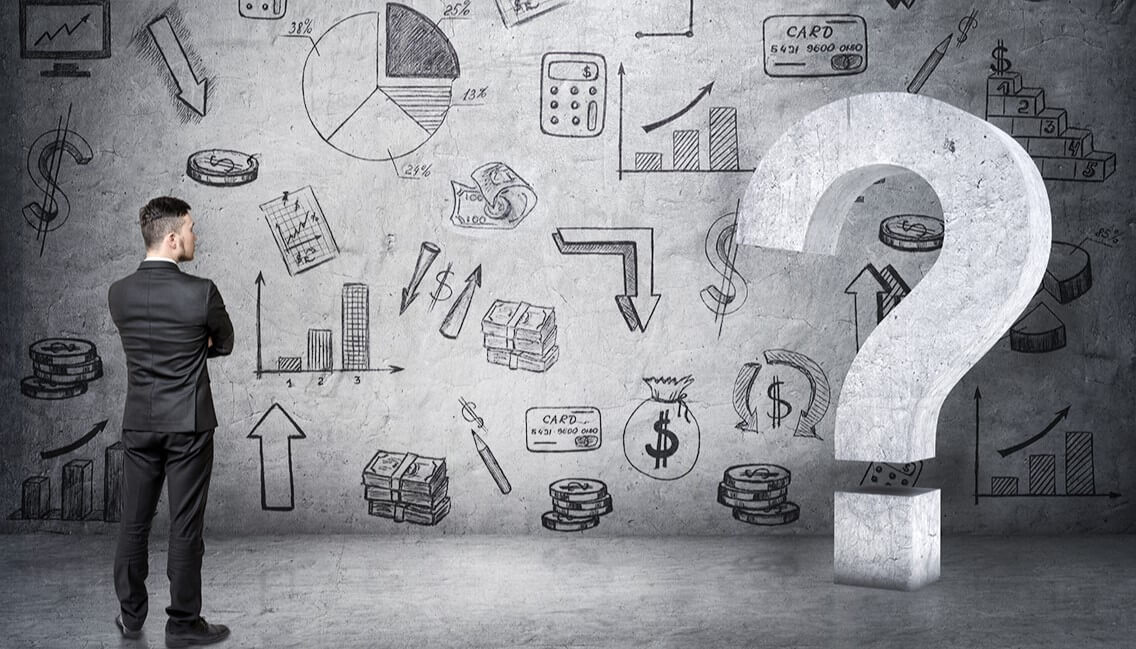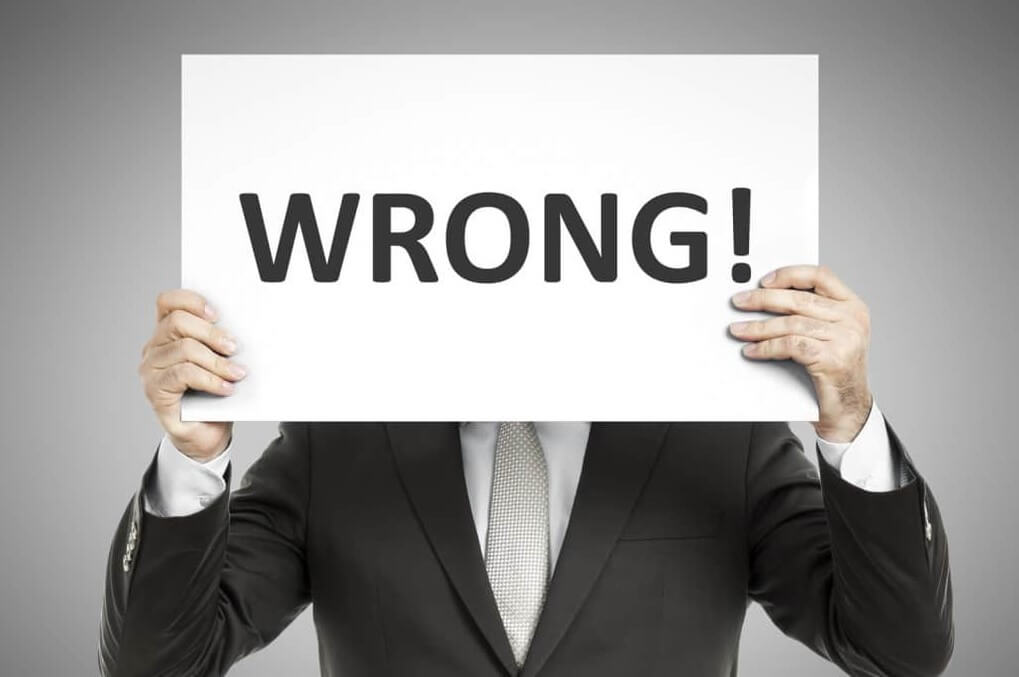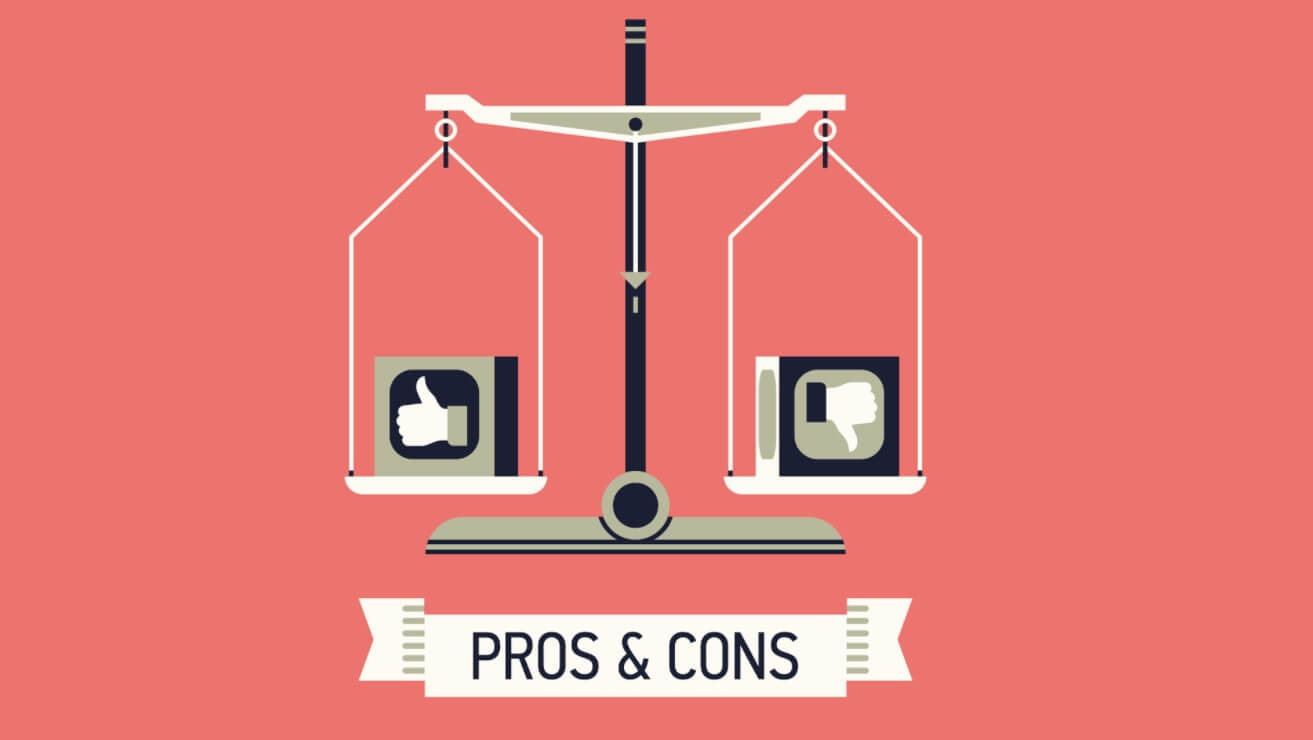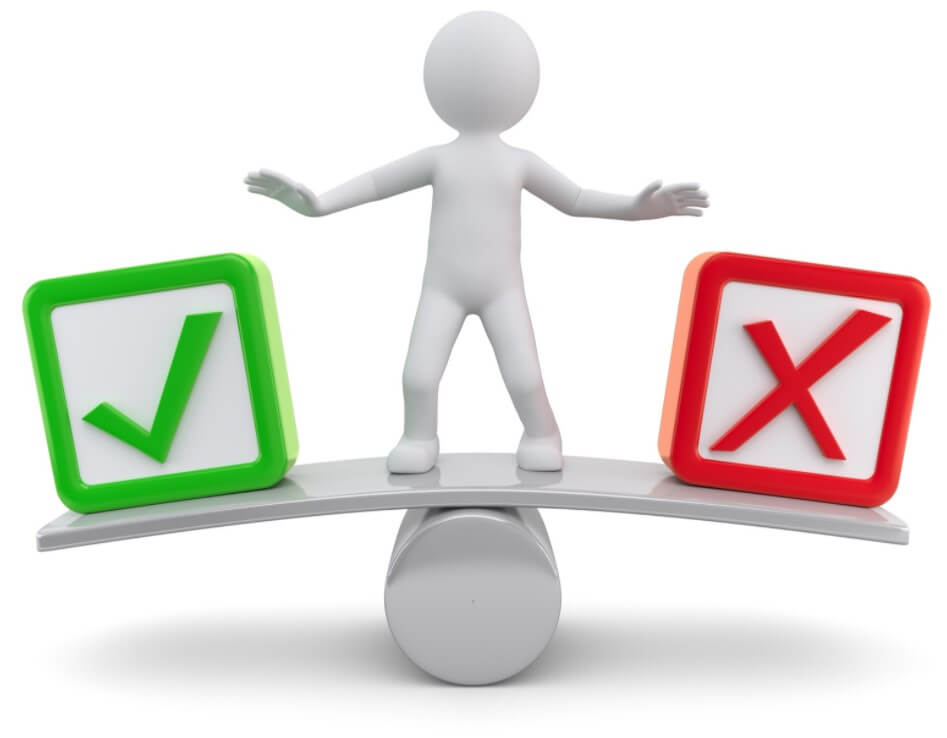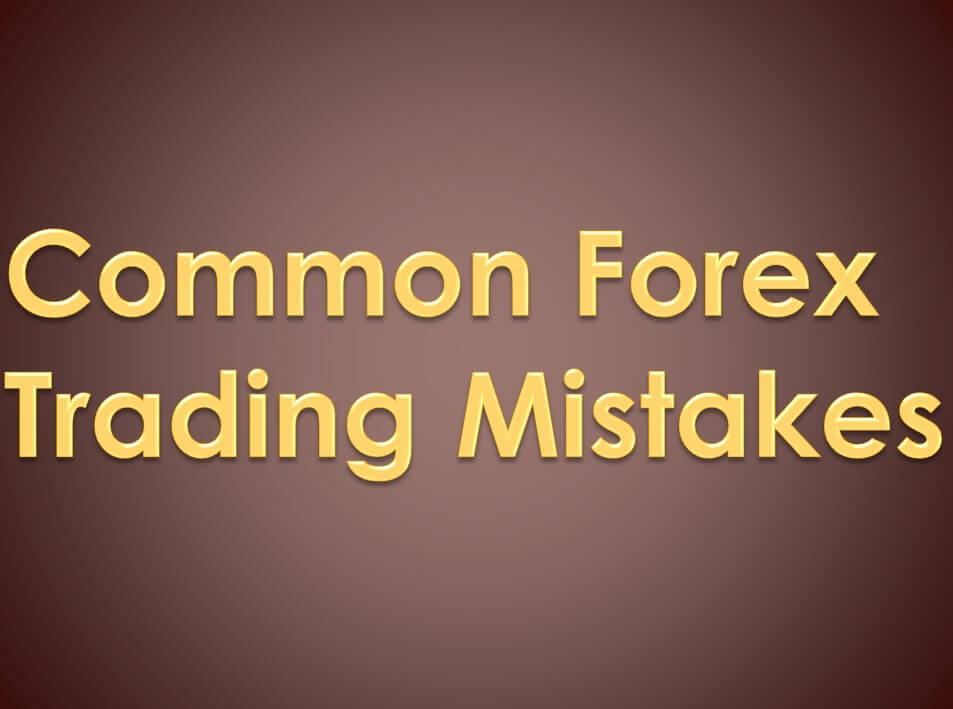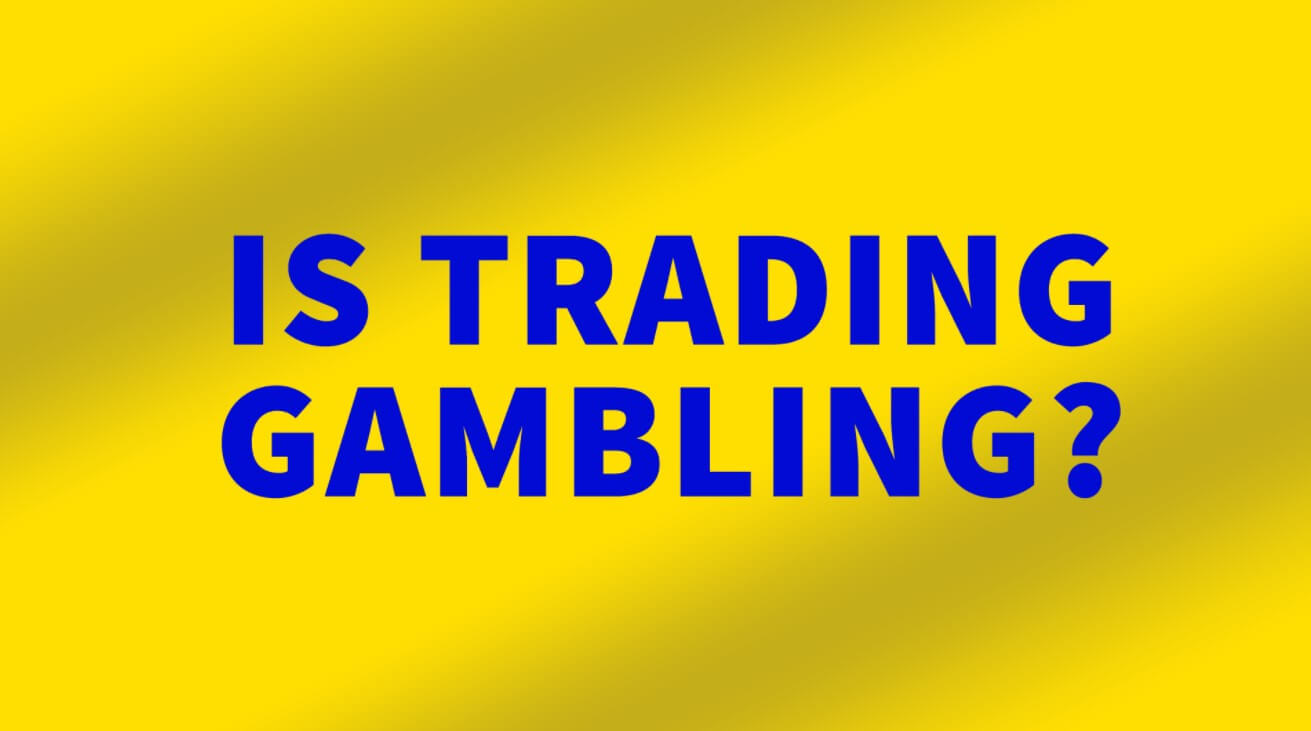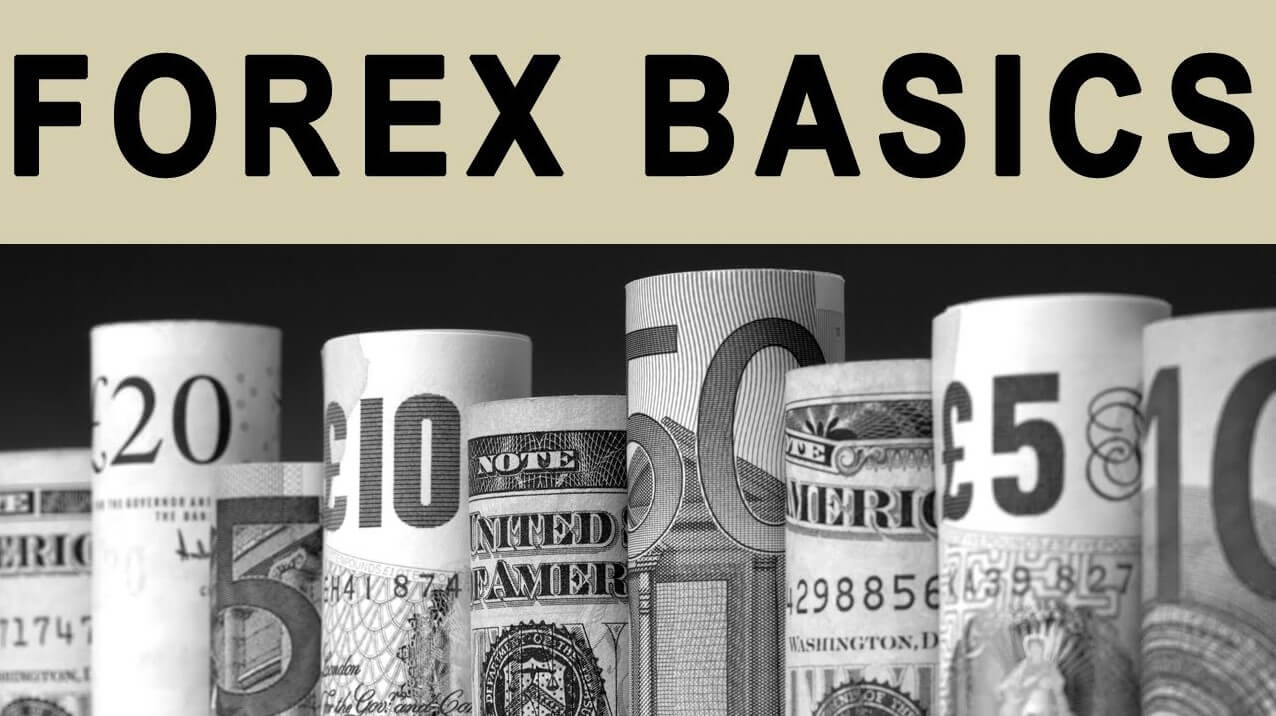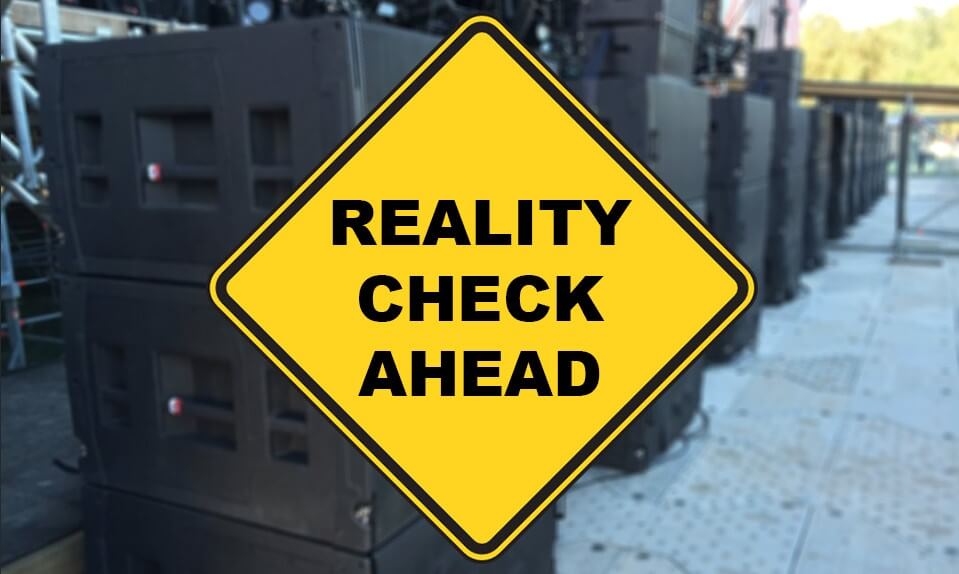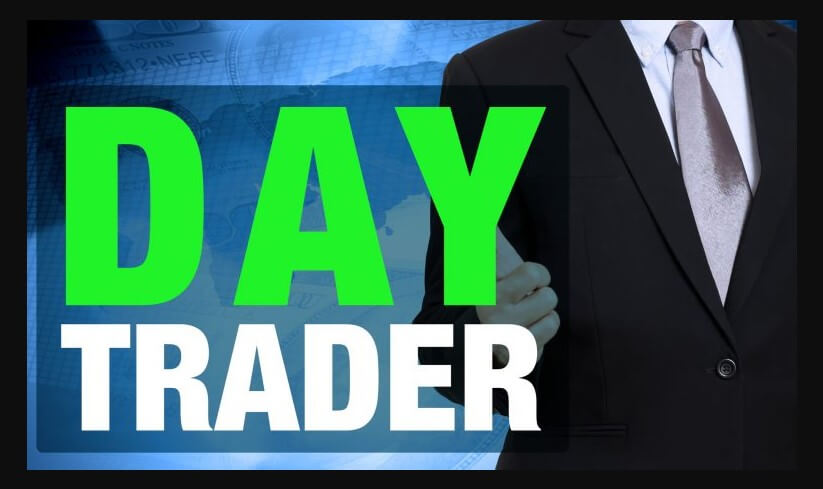What’s the secret to trading success that you won’t read about in books or won’t even hear mentioned too often?
It’s kind of funny but there are some things traders almost never talk about – even among themselves – but when you start to quiz them about these topics, they actually love talking about. They just somehow don’t seem to bring them up on their own. Well, one of these topics is a trader’s daily routine. You’ll never hear a trader start talking about their daily routine and the number of people talking about this versus just about any indicator or trading tool is vanishingly close to zero. And yet, if you ask an experienced trader about their trading routine, you may as well settle down for the long haul because they can talk about this sort of thing for hours and go into great detail.
In fact, we recommend you do talk to more experienced traders about this because the amount of things you’ll be able to learn is equivalent to a small goldmine of knowledge and hints and tips. And the beauty of it is that this is the sort of stuff you’re never going to learn about in books and that nobody really talks about on the forex internet. Instead, most traders sort of work this out by themselves, usually over many years of trial and error. And both the trials and the errors can amount to a painful learning curve that will not only leave you stressed out and dissatisfied, it could also cost you potential gains.
But ultimately, having a well-worked out and systematic daily routine to your trading could mean the difference between being an amateur who’s just playing around with trading for a few extra bucks and a proper, professional forex trader who has made this activity into a veritable career. In other words, into someone who has committed to forex trading on a fulltime basis and is determined to see it through until they retire or – as is the case with most people who have made a genuine commitment to trading – well beyond their retirement and probably until the day they die. In many ways, at one point being a forex trader ceases to be something you do and becomes something you are.
Well, one of the steps along the way to that transition is working out a reliable and consistent but manageable daily routine. You can think about it like this: If you wanted to be a professional in any other business or walk of life, you would have a schedule of working hours and tasks that would shape every day you’re working.
It’s different when you’re just starting out, of course. That’s when trading has an excitement to it and the adrenaline will keep you going through a lot of bumps on the road for many years. But when you’ve been doing this for many years – over a decade, say – the excitement gets worn down somewhere along the way. Thankfully, it takes a few other things with it. The stupid beginner mistakes are also gone, as are the sleepless nights or the nights spent staring at the charts. Also gone is the undercurrent of anxiety you feel about making mistakes or making the wrong decision. Instead, all of this is replaced by a steady, often repetitive, daily grind. In other words, a routine that makes trading feel more like a business.
Well, part of working out your daily trading routine is making the mental shift from thinking of trading as an activity you do on the side, to thinking of yourself and your trading as a business. And that’s not a bad thing. Making forex trading into a legitimate business – filing business taxes, managing business bank accounts, keeping track of business expenses – makes it seem like a different activity to when you’re just a lone wolf out there on your own, trying to learn how to make trading work for you.
As with any legitimate business, there are going to have to be those few things you have to do regularly and, if you want to be successful, you’re going to have to do them well. Most successful businesses will have set hours – not based on when they want to work but dictated by external factors, such as when it’s optimal to work. Say you have a small restaurant, you’re going to want to catch the lunchtime rush and the evening dinner crowd. It’ll hurt your business if you miss these peak times of the day while your competitors are taking your clientele and you’re still paying rent on the space. And you need to know when those peak times are every day so that you can plan in advance and have everything set up. It’s no good to you if your lunchtime customers are coming in but you’re still cleaning tables and getting the kitchen set up.
Most people don’t treat forex trading like a business – at best they treat it as a side-gig or, at worst, as a hobby. And most people don’t manage to make forex trading successful. But if you do want to make it work for you, you have to make that switch. Therefore, setting out a comprehensive daily routine is a huge part of becoming a truly professional forex trader. The absolute worst thing you can do is go in with no plan, no structure, and no routine. With no routine, you will inevitably end up sitting in front of your system all day long, which will have a few very negative knock-on effects. First, you will not be using that time constructively and most of it will be wasted in endless loops of, “should I trade now? …Or now? …Or now?” And not only this but you will almost certainly end up falling into the trap of over-trading – i.e. trading too often, out of boredom, or because you feel the pressure to make all the time you’re investing count for something.
In a manner of speaking, traders who focus all their energies on equities have it easy. Stock markets are only open for seven and a half hours per day, which is actually very useful. First of all, it gives you a set structure right there – your trading is limited to this window and someone else has decided for you when this window will open and when it will close. Secondly, it only gives you so many hours in which to be an idiot. This is especially useful when you’re starting out because making mistakes will be a big part of what you do. But with forex trading, on the other hand, you have almost all the time in the world to be an idiot and make mistakes because the markets are open for neigh on 24 hours per day. You can sit yourself down in front of your system at just about any time of your choosing and make a mistake. Also, you can get sucked into checking on the markets at all kinds of times of the day. Hey, we’ve all done it. It’s three in the morning but why don’t I just check the markets one more time, just in case. We’ve all been there. But thankfully, because you’re now reading this and with a bit of luck some of it’s getting through, maybe you can recognize this behavior when it crops up and avoid doing it for years on end.
Going from part-time trading to full-time is a tricky business. Your instinct is to think that now things are going to be easier because you have fewer commitments preventing you from trading. But actually, the opposite will turn out to be true – unless you have a strict routine.
Ultimately, this is a question of self-discipline. Those traders who work this out somewhere along the line – whether it is sooner or later will depend on their own personal make-up – will have a much better shot of turning their trading into a successful business. Those who never figure it out will eventually fail and be left by the wayside.
Part of the problem is the essential rhythm inherent to trading. The markets have their own ups and downs, periods of activity, and lulls where nothing is happening. There will be days – sometimes several in a row – where you simply end up doing no trading. The danger here is that you will start to get itchy fingers and will probably end up pulling the trigger on a trade or on several trades that you should have stayed out of. All because you end up feeling like that time you put in just waiting is wasted and you get eager to make up for it. Part-timers don’t suffer from this in the same way because the time they have for trading is more limited by other factors (like their day job) but it is a bit pitfall for full-time traders.
The smarter traders out there will use some of the time they spend in front of their system to run tests of tools or indicators that might end up becoming useful tweaks to their system in the future. That goes some way to alleviating that sense of wasted time.
Designing Your Routine
How you design your daily trading routine will depend on a lot on you. It isn’t entirely up to you because you won’t be able to completely avoid those times when the markets are lively or those news events that come in from time to time to give the price of a pair of currencies a kick in one direction or the other. But you will need to tailor your routine to fit with other parts of your life. Lots of traders out there have families and children and those are a good example of commitments that are external to your trading but that are ultimately more important. You will need to find a balance that works for you and enables you to still live your life the way you want and keep in mind the needs of your family.
But what do you do with those conflicts that are going to crop up from time to time? Say there’s a big news event coming up and it clashes with something else important in your life – say your daughter’s recital for example. This is where that self-discipline comes in because you are going to have to be strict with yourself. If you are a professional forex trader, you will essentially be trading for the rest of your life. That means you will likely see hundreds of similar news events and have plenty of opportunities for those juicy trades. You can get a hold of your fear of missing out and go to your daughter’s recital.
At the end of the day, if you don’t take control of your trading, your trading will take control of you. Everyone out there who has been trading for any meaningful length of time will have had this feeling like the market has begun dictating things in their life. Though you have to factor in big market events into your routine, you also have to make sure that the whims of the market and your desire to always be trading don’t start to impact your quality of life. We all got into trading because we want our lives to be better – if it starts going the other way, you need to be aware of that and you need to rein it in.
One of the ways you can begin to do that is to plan each trading week out in advance. Sit yourself down on Sunday night and go through your calendar of market events for the coming week. If you see gaps where there are likely to be quiet periods in the markets during the week, prepare some testing and research you can do during these times. In order to do this properly, you will need to be on top of the news cycle for the currencies you are trading. You can’t possibly account for the unexpected news events that will come out of the blue – that’s why they’re unexpected. But you do need to have a calendar of the regular news cycle that can become part of how you plan your trading schedule.
Set up a calendar of regular news events such as central bank announcements, national GDP reports, and other economic forecasts made by governments and the major financial institutions. You can treat this calendar as a constant work-in-progress project. You can constantly be updating it and also you can use it to cross-reference past events so that you build up a good sense of how they affected the markets.
Plan ahead so you can be trading and taking advantage of these times when there is energy in the market as long as they fit into the schedule you set yourself.
Every individual trader will have timeslots when they prefer to be trading – some prefer to trade the European market opens, like the London open, while others prefer to trade the Asian or American opens. How that fits into your schedule will depend on your other life commitments and also the time zone you’re in and trading different peak times in market activity will affect your lifestyle so you need to be sure you are making a conscious decision about when you trade.
Downtime
When you’re planning your week, you also need to plan times when you are away from your system. This is perhaps the hardest part of all. You will know after a while that there are times during the day when there is usually no real benefit to sitting in front of your system and entering trades. These are those times when the markets lose energy and become choppy and you will learn after a time when they usually happen. They can be quite annoying these periods because they usually come in the middle of the working day you set for yourself but they feel like wasted time.
This is where you can put your daily routine to work and schedule yourself tasks that take you away from trading during those quiet times. Doing this has multiple benefits. First, you cut down the chance that you will start entering trades or messing with your stops just out of sheer boredom. Second, it gives you a chance to go and do something other than trading, which will help you come back to your system with a clearer head at a time when actually entering trades is going to be more useful in any case. Thirdly, you won’t have a sense of wasted time and will give yourself a chance to make sure the anxiety this can cause doesn’t build up and make your trade out of panic.
So when you’re sitting down to plan your week, schedule some other activities during those lulls in the market to help you get through each trading day. Lots of traders will use this time to get away from the computer completely. Some use these times to run a second business, while others head down to the gym or go for a long walk. The determined traders will make use of these times to run backtesting on a technical indicator or review past trades. But all of these activities are ultimately beneficial because they stop you from spending those periods just waiting for things to pick up again and, at the end of the day, you won’t feel like that time is wasted.
The Take-Away
Planning your daily routine is one of the hardest things to figure out. In the old days, people were just left to their own devices and had to try to do it by trial and error. You’re lucky that you have read this article because even though it won’t change your life overnight, it will give you an awareness of how important your routine is to your trading. That’s gives you a chance to skip forward a few steps if you are willing and able to put some of this advice into action.
The way to design a workable routine is to treat your trading activities as a legitimate business, with office hours, daily tasks, weekly schedules, and proper planning. Doing this will help you to cut down on those usually terrible trades made out of boredom, out of panic, or for other emotional reasons.
Not only will your trading improve, but your life outside of trading will also improve. You will have to be strict with yourself but every time you are, you will be exercising your self-discipline muscle. In the end, this will make you more effective and ultimately more successful.

